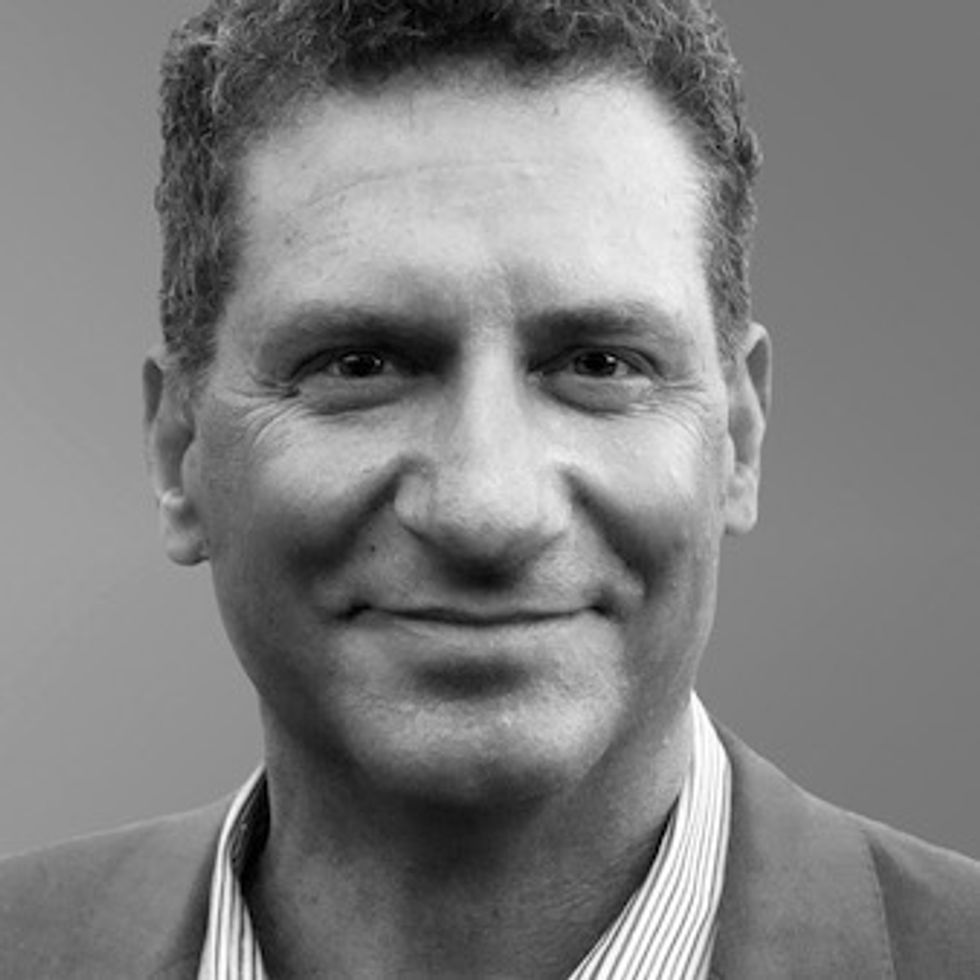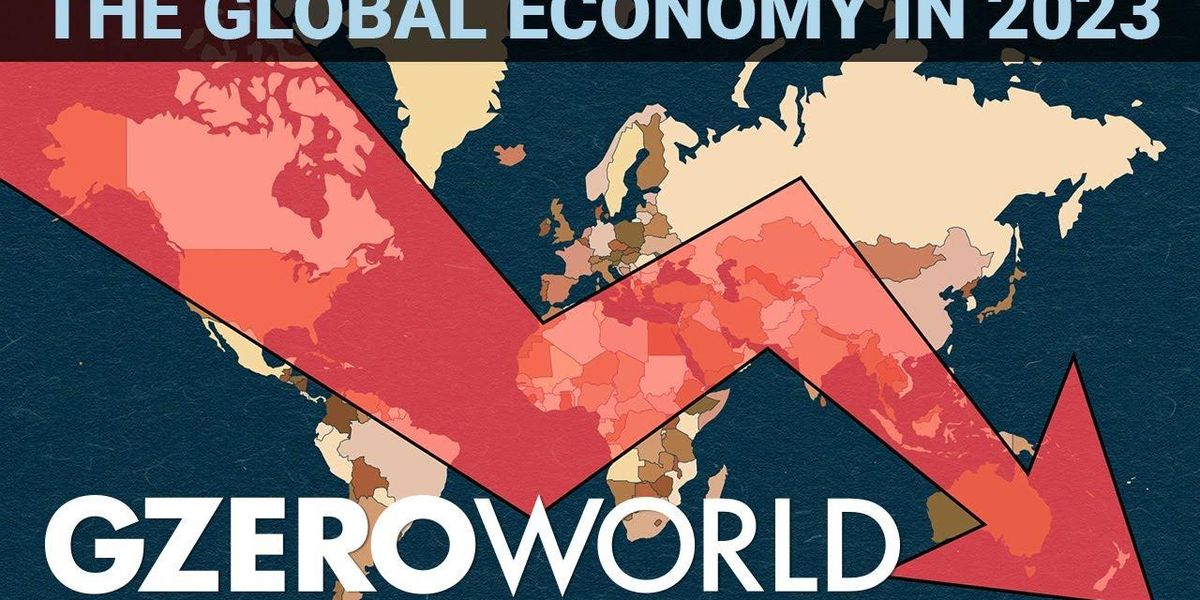Trending Now
We have updated our Privacy Policy and Terms of Use for Eurasia Group and its affiliates, including GZERO Media, to clarify the types of data we collect, how we collect it, how we use data and with whom we share data. By using our website you consent to our Terms and Conditions and Privacy Policy, including the transfer of your personal data to the United States from your country of residence, and our use of cookies described in our Cookie Policy.
{{ subpage.title }}
Episode 9: What's next in 2023?
Listen: "We are coming out of a period of uncertainty," says David Bailin, Chief Investment Officer at Citi Global Wealth. "We've all been thinking it would go much faster than it has, but in the event we get to a more normal economy in 2024, given how vastly impactful COVID was, I think that that's a pretty fast outcome."
In the latest episode of Living Beyond Borders, a podcast produced in partnership between GZERO and Citi Global Wealth Investments, Bailin is joined by Eurasia Group President Ian Bremmer to discuss what's happened so far on the economic and political stage, and what we might look forward to in the back half of the year and into 2024.
From the ongoing conflict with Russia, to interest rates and government regulation, to tensions with China, Bailin and Bremmer talk through the biggest risks and opportunities they see in the next six months. They also discuss the rapid rise of artificial intelligence, political polarization, and more.
This episode is moderated by Shari Friedman, Eurasia Group’s Managing Director of Climate and Sustainability.

Shari Friedman
Managing Director of Climate and Sustainability, Eurasia Group

David Bailin
Chief Investment Officer, Citi Global Wealth

Ian Bremmer
President, Eurasia Group and GZERO Media
Welcome to the global economy in 2023
How could the most robust global economy in human history get stuck in a sticky inflation trap?
The good news: From a historical perspective, the best time to be alive is ... right now.
Over 1 billion people have escaped poverty within the last two generations. They have experienced an unprecedented period of fast-expanding and broad-based prosperity.
And in the near future, there's a lot to look forward to: most of the world is moving on from the pandemic, Russia has no way to win in Ukraine, the European Union and NATO are stronger than ever, and the climate economy is benefiting from dirt-cheap clean energy prices, Ian Bremmer explains on GZERO World.
But the bad news is that there are real problems ahead. The main one is inflation, which is not going away anytime soon and will drive a lot of the economic doom and gloom for 2023.
As the global economy lurches into the new year, there is plenty to be thankful for - and plenty to fear.
Watch the GZERO World episode: Struggling for economic progress as global recession looms in 2023
- Struggling for economic progress as global recession looms in 2023 ›
- 3 reasons risk of global recession in 2023 has increased ›
- What's the chance of a global recession in 2023? ›
- What does the ‘multi-speed’ global economy mean in 2023? ›
- Explaining the long history of US debt (& which other countries are saddled with debt) - GZERO Media ›
Struggling for economic progress as global recession looms in 2023
What's in store for the global economy in 2023? Well, it's not going to be pretty.
A raging war in Europe, sky-high inflation, and an unstable China will create strong economic headwinds in the year to come. But it's not all doom and gloom. Ian Bremmer looks at the state of the global economy in this new year with renowned global economist, Dambisa Moyo, to put it all into perspective on GZERO World.
Global inflation is not going anywhere anytime soon as the likelihood of a worldwide recession looms large. And yet, for most of us living here on Planet Earth, now is the best time to be alive in human history. Globalization has brought prosperity to billions worldwide. And in the United States, the economy has made it out of the pandemic remarkably well.
But will out of control inflation, an unstable China, and a rogue Russia change this equation in 2023? Moyo discusses how these combined threats will affect the world economy this year.
"We're now over 8 billion people. Issues around inequality, issues around supply, as well as climate transition energy issues, and debt. And so there are ongoing challenges, that we were already facing, but I think those things will be accelerated in 2023," she explains.

